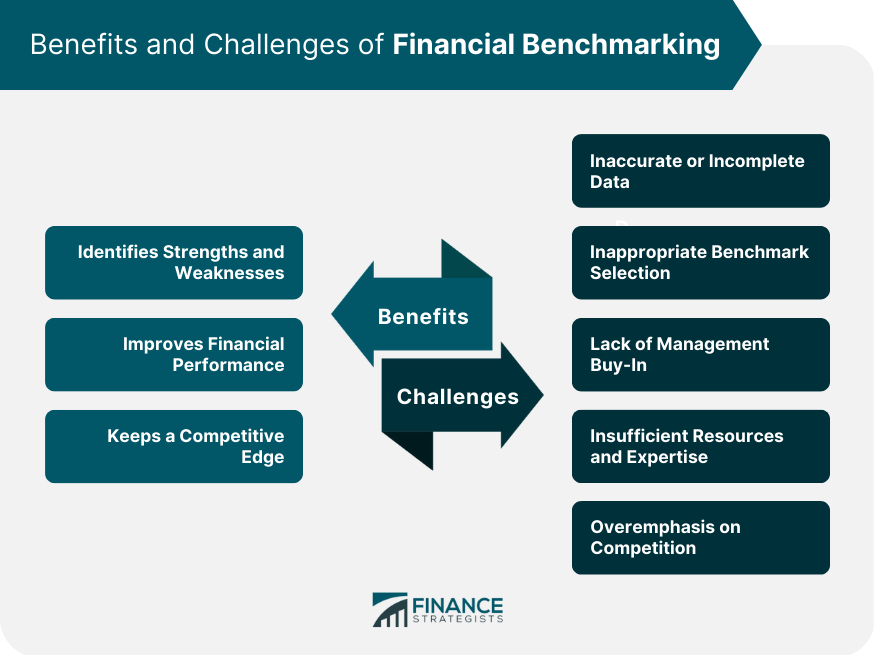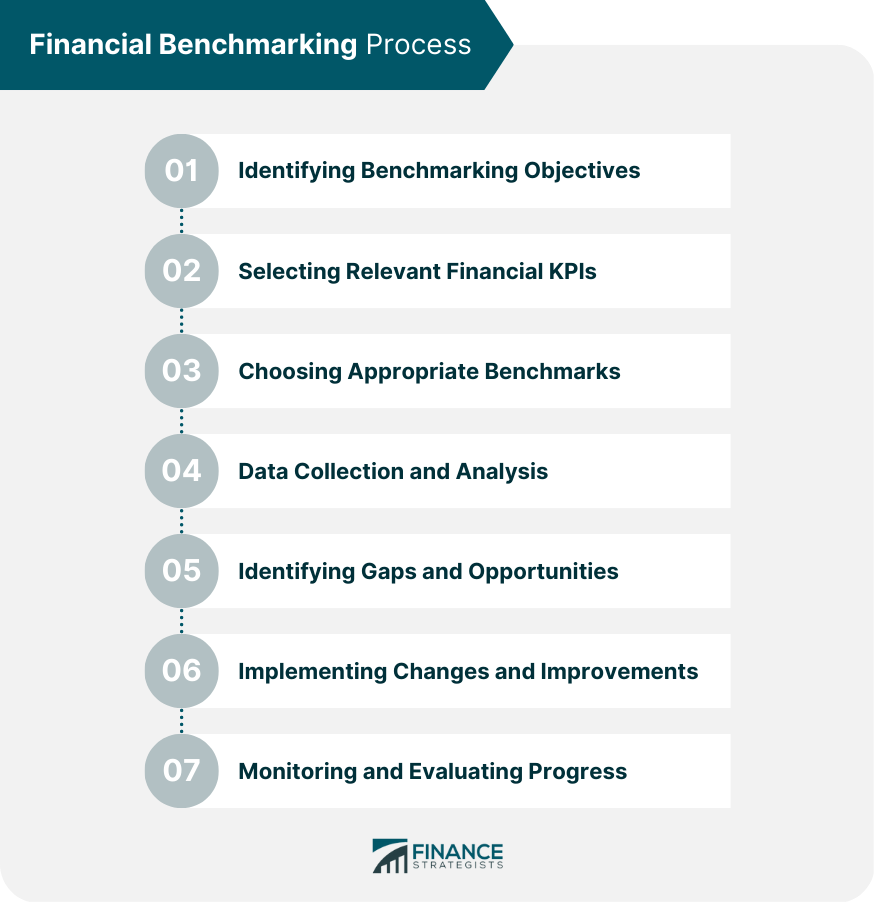Have you ever wondered why some finance departments are able to consistently achieve outstanding results while others struggle to keep up? The secret lies in their ability to constantly improve and innovate. Financial management is a dynamic field that requires continuous adaptation to changing markets, regulations, and technologies. By focusing on enhancing processes, utilizing data-driven insights, and fostering a culture of collaboration, organizations can unlock the full potential of their finance department and drive sustainable growth.
Improving the finance department entails a holistic approach that takes into account various aspects of its functioning. One crucial element is the utilization of modern digital tools and software that streamline financial processes, automate repetitive tasks, and provide real-time insights. This enables finance professionals to spend less time on manual work and more time on strategic decision-making. Additionally, investing in training and development programs for finance staff enhances their skills and knowledge, empowering them to tackle complex financial challenges with confidence. By leveraging these strategies, organizations can enhance the efficiency, accuracy, and overall performance of their finance department, driving business success in the long run.


How to Enhance the Efficiency of Your Finance Department?
In this article, we will explore strategies and techniques to improve the performance and effectiveness of your finance department. By implementing these measures, you can ensure that your finance team operates smoothly and contributes to the overall financial success of your organization.
A well-run finance department is crucial for the financial stability and growth of any business. It is responsible for managing financial transactions, providing accurate and timely financial information, and ensuring compliance with regulations and policies. Here are some key areas to focus on in order to improve your finance department:
- Streamline processes and workflows
- Implement robust financial systems and software
- Strengthen internal controls and risk management
- Invest in ongoing professional development and training
- Enhance communication and collaboration within the department and with other departments
- Regularly review and analyze financial performance
By focusing on these aspects, you can optimize the functioning of your finance department, improve efficiency, and ensure accurate financial reporting. This will enable your organization to make informed financial decisions, mitigate risks, and drive overall success.
What are the strategies for enhancing the effectiveness of the accounting and finance department?
In today’s fast-paced business environment, improving the efficiency of the accounting and finance department is crucial for a company’s success. By streamlining processes, optimizing resources, and implementing effective strategies, organizations can enhance the overall effectiveness of their financial operations. This article explores various approaches and techniques to improve the efficiency of the accounting and finance department.
Key Methods to Optimize the Accounting and Finance Department’s Efficiency
1. Automation: Implementing automation tools and software can significantly enhance the efficiency of the accounting and finance department. Automation reduces the manual effort involved in tasks such as data entry, reconciliation, and financial reporting, allowing employees to focus on more strategic and value-added activities. By automating repetitive processes, organizations can improve accuracy, save time, and increase productivity within the department.
2. Standardization and Streamlining: Developing standardized processes and workflows is essential for improving efficiency. By establishing clear guidelines and procedures, organizations can ensure consistency and accuracy in financial activities. Streamlining processes eliminates unnecessary steps, reduces bottlenecks, and enables faster and more efficient decision-making. This can be achieved through regular process audits, identifying areas for improvement, and implementing best practices.
How Can You Enhance a Finance Department’s Value?
Improving the efficiency and effectiveness of a finance department is crucial for the success of any organization. By adding value to a finance department, businesses can ensure accurate financial reporting, effective decision-making, and streamlined processes. Here are some key ways to enhance a finance department’s value:
1. Implement Advanced Financial Technologies
Embracing advanced financial technologies can significantly improve the performance of a finance department. By adopting automated accounting software, companies can streamline financial processes, reduce errors, and save time and effort. Additionally, implementing data analytics tools can provide valuable insights and help in making informed financial decisions. Leveraging technology can optimize financial operations and enhance the overall value of the finance department.
2. Foster Collaboration and Communication
Collaboration and communication are vital for a finance department to add value to the organization. Encouraging cross-departmental collaboration allows for a better understanding of financial goals and enables the finance team to align their strategies accordingly. Effective communication within the department enhances coordination, reduces bottlenecks, and improves overall efficiency. By fostering a culture of collaboration and open communication, a finance department can contribute significantly to the organization’s success.
How to Transform a Finance Department for Improved Performance?
Transforming a finance department is a critical process that organizations undertake to enhance its performance and efficiency. By implementing strategic changes and adopting modern practices, organizations can effectively improve their finance department. This article explores some key steps and strategies to transform a finance department for better outcomes.
1. Streamline Processes and Systems
To improve the finance department, it is essential to streamline processes and systems. This involves evaluating existing workflows, identifying inefficiencies, and implementing standardized procedures. By automating repetitive tasks and using technology solutions, such as accounting software or financial management systems, organizations can reduce manual errors, increase accuracy, and enhance overall efficiency.
2. Enhance Communication and Collaboration
An important aspect of transforming a finance department is to enhance communication and collaboration within the team and with other departments. This can be achieved by implementing collaboration tools, promoting regular meetings, and fostering a culture of open communication. By improving coordination and sharing relevant information, finance professionals can work more effectively and make informed decisions.

What are some innovative ideas to improve the finance department?
In today’s rapidly changing business landscape, it is crucial for finance departments to stay ahead of the game and continuously find ways to improve their operations. This article explores some innovative ideas that can help finance departments enhance their efficiency, effectiveness, and overall performance.
By implementing these ideas, finance departments can streamline their processes, reduce costs, and provide better financial insights to support strategic decision-making. Let’s dive into some of the innovative strategies that can revolutionize finance departments.
What are some examples of improving finance processes?
In this article, we will explore various examples of how finance processes can be improved to enhance the efficiency and effectiveness of a finance department.
Improving the finance department is crucial for organizations to maintain accurate financial records, make informed decisions, and ensure compliance with regulations. By implementing process improvements, companies can streamline their financial operations, reduce errors, and optimize resource allocation.
How to Improve the Finance Department: Strategies and Benefits
In this article, we will explore effective strategies and the numerous benefits of improving the finance department in your organization. Whether you are a small business owner or part of a large corporation, enhancing the efficiency and effectiveness of your finance department can have a significant impact on your company’s overall success.
By implementing the right strategies and making necessary improvements, you can streamline financial processes, enhance accuracy, reduce costs, and ultimately drive better decision-making. Let’s dive into the key advantages of optimizing your finance department and discover practical ways to achieve these improvements.
What are the best recommendations to improve the finance department?
Improving the finance department is crucial for the success and stability of any organization. By implementing effective recommendations, companies can streamline financial processes, enhance decision-making, and ensure regulatory compliance. In this article, we will explore some of the best practices and strategies to optimize the finance department and achieve maximum efficiency.
From leveraging technology to fostering collaboration and implementing robust financial controls, these recommendations will help finance departments overcome challenges and achieve better financial management. Whether you are a small business or a large corporation, implementing these recommendations can bring significant benefits and drive overall organizational growth.
How can continuous improvement enhance your finance department?
Continuous improvement in finance refers to the ongoing efforts to enhance and optimize the financial processes, systems, and strategies within a department or organization. This approach focuses on identifying areas for improvement, implementing changes, and measuring the impact to drive efficiency, effectiveness, and overall financial performance.
By implementing continuous improvement practices in the finance department, organizations can achieve several advantages:
- Streamlined processes: Continuous improvement helps identify and eliminate unnecessary steps or bottlenecks in financial processes, leading to increased efficiency and productivity.
- Enhanced accuracy: By continuously reviewing and refining financial procedures, organizations can reduce errors and improve the accuracy of financial data and reporting.
- Cost savings: Continuous improvement helps identify opportunities to reduce costs, eliminate waste, and optimize resource allocation within the finance department.
- Improved decision-making: With a focus on continuous improvement, the finance department can gather more accurate and timely financial information, enabling better-informed decision-making throughout the organization.
- Adaptability to change: Continuous improvement fosters a culture of agility and adaptability within the finance department, allowing it to quickly respond to changes in the business environment and emerging financial challenges.
What are some examples of accounting process improvement?
Improving the finance department is crucial for the success and efficiency of any organization. One way to achieve this is through accounting process improvement. By optimizing and streamlining the various accounting processes, businesses can enhance accuracy, save time, and reduce costs. This article explores some examples of accounting process improvement that can help improve the finance department.
Accounting process improvement involves identifying and implementing changes to existing accounting procedures to make them more efficient and effective. These improvements can range from automating manual tasks to enhancing data analysis capabilities. By implementing accounting process improvements, companies can achieve benefits such as:
- Increased accuracy in financial reporting
- Reduced risk of errors and fraud
- Improved timeliness of financial information
- Enhanced data security and confidentiality
- Streamlined workflow and reduced duplication of efforts
- Cost savings through automation and elimination of unnecessary steps
- Better utilization of resources and improved productivity
How can you enhance the month-end process to improve your finance department?
The month-end process plays a crucial role in the smooth functioning of a finance department. It involves various tasks and activities that need to be completed accurately and efficiently to ensure accurate financial reporting. By optimizing and streamlining the month-end process, you can significantly improve the overall performance of your finance department. Here are some key benefits and strategies to enhance the month-end process:
1. Efficient Time Management
Improving the month-end process allows for better time management within the finance department. By identifying and eliminating unnecessary tasks or automating repetitive processes, you can save valuable time and allocate it to more critical financial analysis and decision-making activities. This leads to increased productivity and enables your team to focus on strategic initiatives rather than getting bogged down by administrative tasks.
2. Enhanced Accuracy and Compliance
Optimizing the month-end process helps ensure greater accuracy and compliance with regulatory requirements. By implementing standardized procedures, robust controls, and regular reconciliations, you can minimize errors and mitigate the risk of financial misstatements. This not only improves the reliability of your financial reports but also enhances your organization’s credibility and transparency.
What are the best practices to improve a finance department?
In order to improve a finance department, it is important to implement the best practices that can optimize financial operations and enhance overall efficiency. These practices can help streamline processes, improve accuracy, and ensure compliance with financial regulations. By adopting these best practices, organizations can create a strong foundation for financial success and enable their finance department to operate at its highest potential.
Below are some key best practices that can be implemented to improve a finance department:
- Implement robust financial systems and software
- Establish clear financial policies and procedures
- Maintain accurate and up-to-date financial records
- Ensure effective cash flow management
- Regularly monitor and analyze financial performance
- Implement strong internal controls
- Stay updated with financial regulations and compliance
- Promote collaboration and communication within the finance department
- Invest in continuous training and professional development for finance staff
The Finance Department part 1
Frequently Asked Questions
In the ever-changing world of finance, it is crucial for companies to continuously improve their finance department to stay competitive and make informed decisions. Here are some frequently asked questions about improving the finance department.
1. How can the finance department improve its budgeting process?
Improving the budgeting process is essential for the finance department to effectively allocate resources and forecast financial outcomes. To enhance the budgeting process, the department can:
– Implement advanced budgeting software or tools that streamline the process and provide real-time insights.
– Collaborate with other departments to gather accurate information and align budget goals with the overall company strategy.
2. What steps can be taken to enhance financial reporting in the finance department?
Effective financial reporting is crucial for decision-making and assessing the overall financial health of the company. To enhance financial reporting, the finance department can:
– Implement automated reporting systems that generate accurate and timely reports.
– Create standardized reporting templates and guidelines to ensure consistency and clarity.
3. How can the finance department improve its cash flow management?
Solid cash flow management is vital for the financial stability and success of a company. To improve cash flow management, the finance department can:
– Establish clear payment terms with clients and vendors to ensure timely inflows and outflows.
– Monitor and analyze cash flow patterns regularly to identify areas of improvement and take proactive measures.
4. What strategies can the finance department adopt to enhance financial risk management?
Effective financial risk management is crucial for safeguarding the company’s assets and minimizing potential losses. The finance department can adopt the following strategies to enhance financial risk management:
– Conduct thorough risk assessments and identify potential financial risks.
– Implement risk mitigation strategies such as diversifying investments and establishing insurance policies.
5. How can the finance department improve its collaboration with other departments?
Effective collaboration with other departments is essential for aligning financial goals with the overall business objectives. To improve collaboration, the finance department can:
– Regularly communicate and share financial insights with other departments to foster a deeper understanding of financial implications.
– Engage in cross-functional projects and initiatives to encourage collaboration and shared decision-making.

To improve the finance department, several key actions can be taken. Firstly, implementing efficient financial systems and processes will streamline operations and make them more accurate and timely. This can include the integration of advanced accounting software, automation of manual tasks, and regular evaluation of existing procedures to identify and eliminate inefficiencies.
Secondly, investing in continuous training and development for finance department employees will enhance their skills and knowledge, enabling them to perform their roles more effectively. Providing opportunities for professional growth through workshops, seminars, and certifications will not only benefit individual employees but also contribute to the overall improvement of the finance department.






